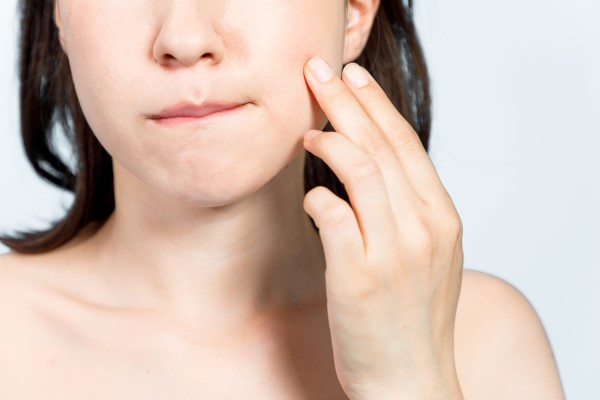3 Things to Know About Sedation Dentistry

For many patients, sedation dentistry is a must for certain dental appointments. This branch of dentistry focuses on putting patients at ease and calming anxieties during visits. The use of sedation is most frequent when major treatments or procedures take place. These could include a root canal, filling, or restorative work such as a crown or bridge. If you have had negative experiences in the past with invasive dental work, sedation could make sense for you.
What happens during dental procedures
No one likes to feel pain and discomfort anywhere in their body. Teeth and gums can be especially sensitive. During procedures such as a root canal or filling, the dentist must access the damaged areas by using a dental drill. Without the use of local anesthesia, the pain would be excruciating. The medication numbs the area and blocks the pain the patient would otherwise feel. Other processes involve cutting into the gums or coming into contact with nerves, roots, and other tissue.
Sedation dentistry is useful for many types of patients
A patient does not have to be a certain age or have a specific health history to ask for sedation before a dental procedure. However, some people may benefit from sedation than other patients. It can be good for young children who have dental anxiety or are fearful of the instruments the dentist will use. It may also make sense for people who do not respond well to anesthesia or who take a long time to get numb. Patients who have panic attacks or who have trouble sitting still for long periods should consider sedation.
Sedation does not take the place of anesthesia
For certain dental processes, pain medication will be necessary. The dentist will numb the mouth for the most invasive processes, especially those that will be deep into the root or gum. Longer procedures will also require a local anesthetic. Keep in mind that sedation dentistry will use sedation and anesthesia together.
The anesthesia prevents the person from feeling pain. The sedation calms and relaxes the patient who may have anxieties. Together, these methods can effectively prepare a person for any dental work. Sedating the person helps take the mind off the procedure.
Recovery is important after sedation
Be aware that the effects of sedation dentistry can last for several hours. After the dental procedure, the patient should arrange for a ride home. The person should also avoid doing anything strenuous for up to the next 24 hours. The patient might experience a dry mouth, nausea, or a headache afterward. Still, the patient should have peace of mind to know that sedation is common in dentist’s offices and should not pose any problems.
Learn more and have some extra help during your appointment
Do not let fear of pain keep you from seeing the dentist regularly. Thanks to sedation dentistry, you can feel at ease no matter what procedure you are undergoing. Talk to your dentist to see if sedation is available for you. You could be a good candidate for this option.
Request an appointment here: https://www.smilesforlifedentalgroup.com or call Smiles for Life Dental Group at (408) 241-6501 for an appointment in our Santa Clara office.
Check out what others are saying about our dental services on Yelp: Sedation Dentist in Santa Clara, CA.
Recent Posts
You may have heard a lot about sedation dentistry recently. It is appealing to many patients, especially those who have fears about dental treatments. Visiting the dentist may not be the most exciting event in your life, but these appointments are important. You should not avoid seeing the dentist because you are worried about the…
As the president of the California Dental Association put it, the coronavirus disease (COVID-19) is “undoubtedly the single largest crisis we will face in our lifetimes.” As a major public health threat, COVID-19 has forced society to put life on pause and relearn what it means to make do with just the essentials. Unfortunately, due…
Temporomandibular joint (TMJ) disorders can cause significant jaw pain and affect everyday functions like speaking, eating, and overall comfort. A TMJ dentist specializes in diagnosing and treating issues related to the jaw joint and surrounding solutions. These dental professionals offer effective solutions that address the root cause of your jaw pain.The temporomandibular joint connects the…
Most of us know that dentures are an option if we lose our teeth, but there is also a more permanent solution called implant supported dentures. If you’re not familiar with this type of denture, that’s ok. Recent advancements in dental technology have led to where patients can receive implants combined with other dental applications…


